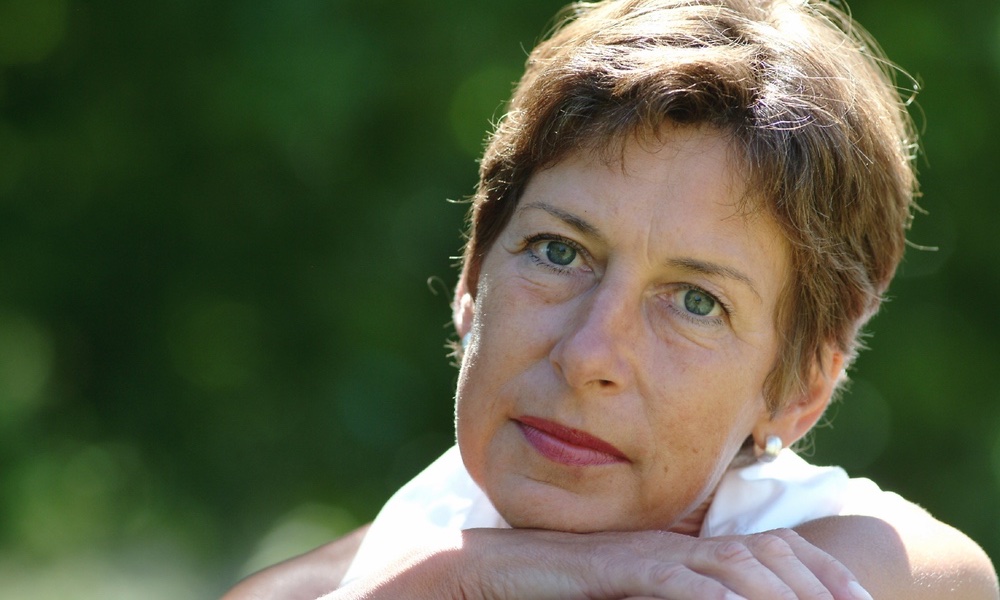Because they tend to live longer, older women are more likely than older men to be widowed and live alone. And partly for this reason, older women are at greater risk than other demographic groups for feelings of loneliness and social isolation.
During the pandemic, when women have been unable to visit their children, grandchildren, and friends, these feelings of loneliness and isolation have gotten worse, raising women’s risk of cardiovascular disease.
Postmenopausal women who reported feeling both very lonely and socially isolated had as much as a 27 percent increased risk of cardiovascular disease compared to those who felt less lonely and socially isolated, according to a team led by scientists at the University of California at San Diego.We need to pay more attention to seniors’ social needs and how they affect overall health.
Almost 58,000 postmenopausal women who participated in the Women’s Health Initiative Extension Study II were included in the current study. The average age of participants was 79 years old, and almost 90 percent were white. They had no previous history of heart attack, stroke or cardiovascular disease.
Between 2011 and 2012, the women responded to a questionnaire about their feelings of social isolation. They responded to a second questionnaire three years later about their feelings of loneliness and their social support networks. The follow-up period began when the women completed the questionnaire, and lasted until either 2019 or when they were diagnosed with cardiovascular disease. Roughly 1,600 women developed cardiovascular disease by the end of the study.
Feelings of social isolation increased participants’ risk of developing cardiovascular disease by eight percent and feelings of loneliness increased the risk of developing cardiovascular disease by five percent even after health behaviors such as physical activity levels, smoking status and alcohol consumption, as well as comorbidities such as depression and hypertension were taken into account.
Golaszewski, a postdoctoral scholar at UC San Diego, said the study looked at the association between loneliness and social isolation and cardiovascular disease at one point in time. It is important to understand how the amount of time people experience loneliness and social isolation affects their risk of cardiovascular disease.Women who reported feeling both very lonely and socially isolated had as much as a 27 percent increased risk of cardiovascular disease compared to those who were less lonely and isolated.
Pursuing hobbies, connecting with family by phone or video chat, and volunteering are a few of the ways seniors of both sexes ease loneliness. As the results of this study make clear, social isolation needs to be addressed as the potential health issue that it is. “We do not yet know whether the increased risk of cardiovascular disease is due to acute exposure to social isolation and loneliness or whether prolonged exposure accumulated over a lifetime is the culprit. Further studies are needed to better understand that,” John Bellettiere, senior author on the study and an assistant professor of epidemiology at UC San Diego, told TheDoctor.
Certain unhealthy behaviors and pre-existing health conditions can account for some of the increase in cardiovascular disease risk among those feeling lonely or socially isolated, but not all of it, Bellettiere explained. “So follow-up work is needed to answer the question of why and how social isolation and loneliness increase the risk of cardiovascular disease.”
The study was published in JAMA Network Open.





